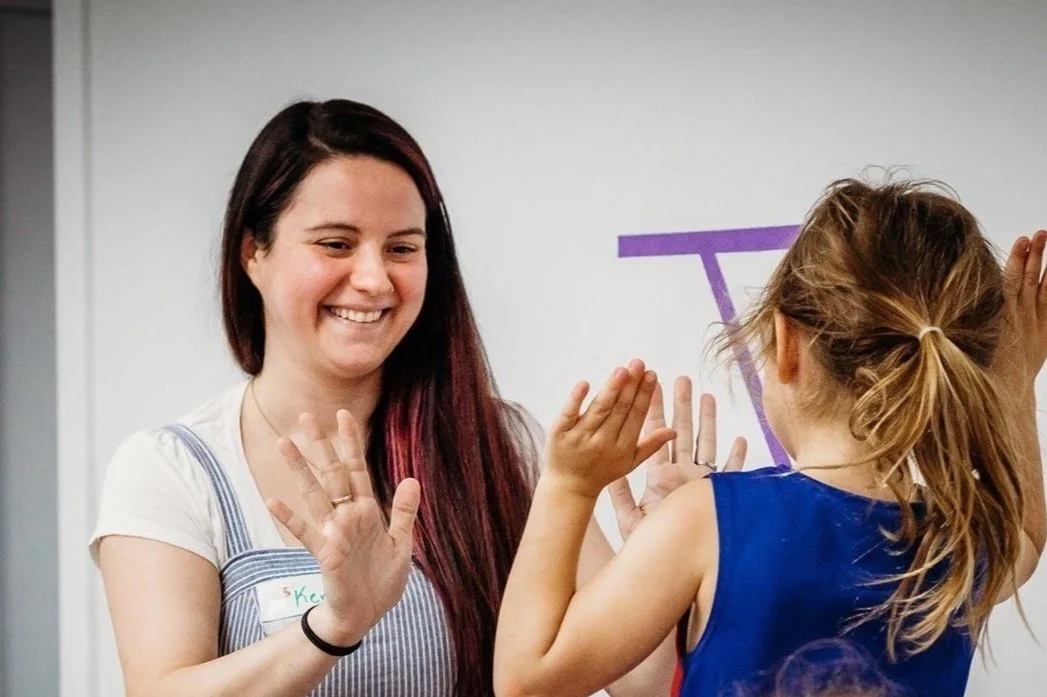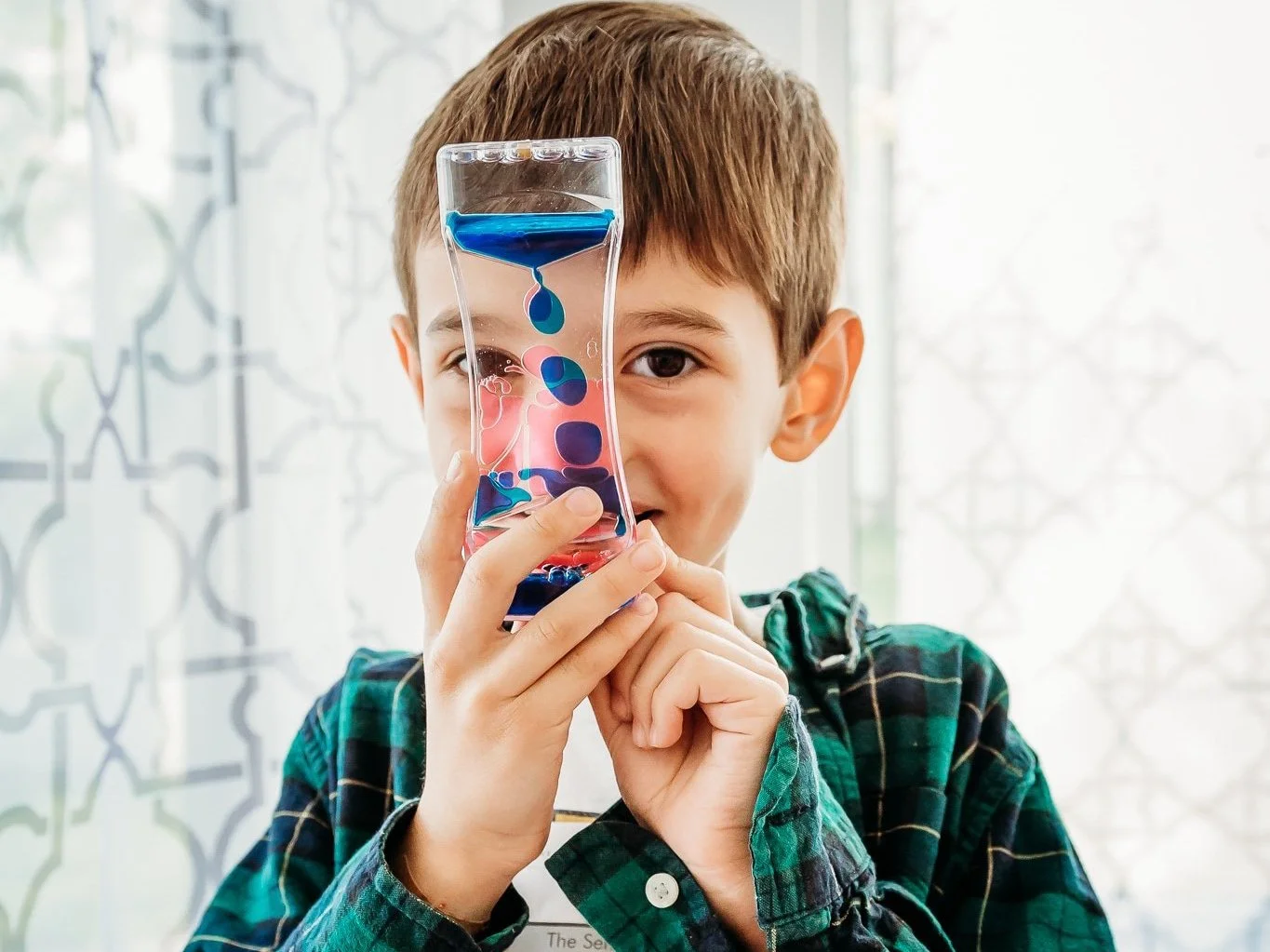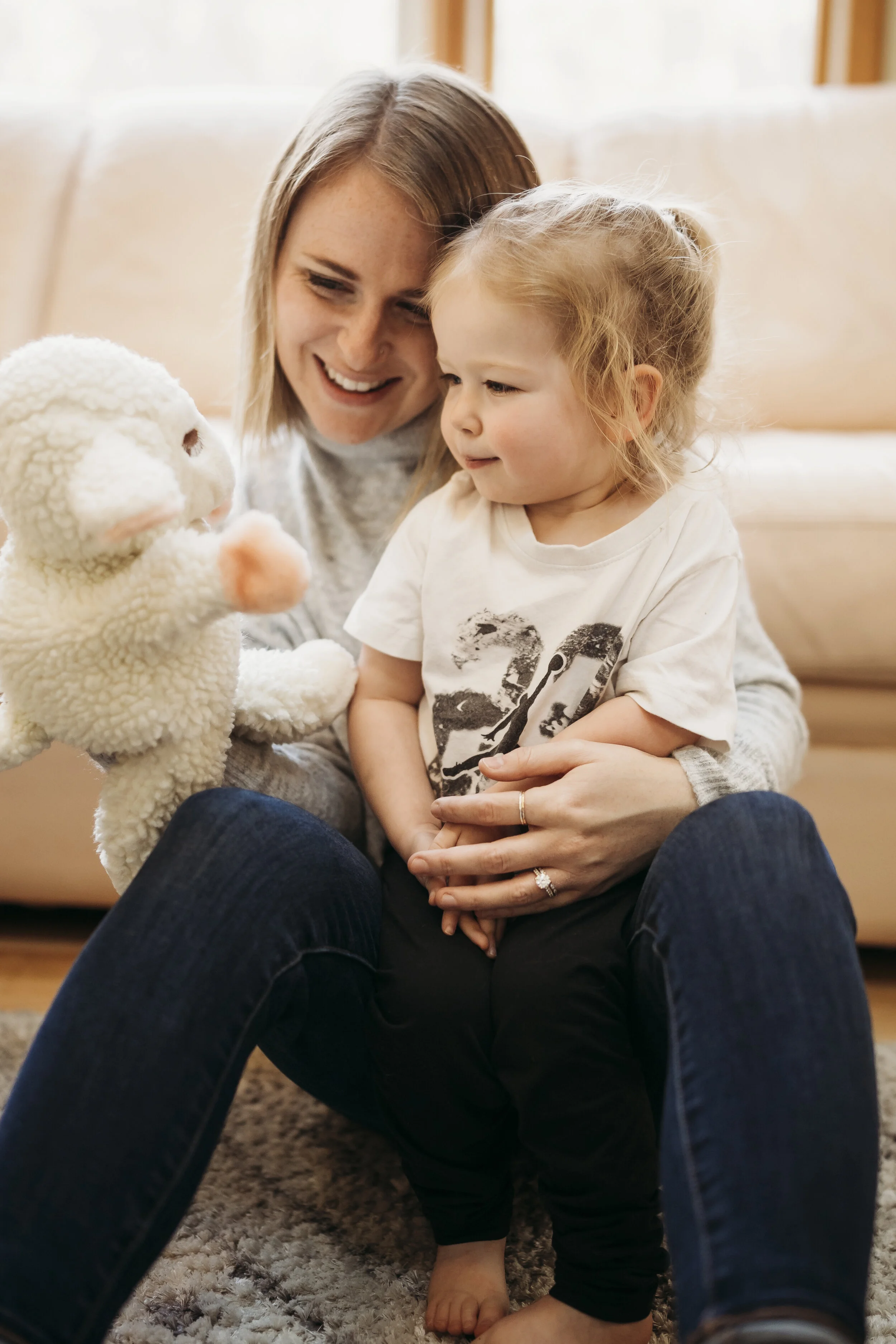Psychotherapy
Services
Our treatment approach is eclectic and tailored to the individual needs of clients and families. We have training in a variety of evidenced based treatments enabling us to work with a range of clients including the Neurodivergent. Neurodiversity is a concept where neurological differences (differences in the brain) are to be recognized and respected as any other human variation. Neurodiversity can help families frame challenges as differences, rather than as deficits. Nuerodivergence includes but is not limited to ADHD, Autism, learning disabilities, and developmental disabilities.
In addition to our work with Neurodivergent children and families, we are also here to provide help in managing anxiety, depression, and life transitions. We offer individual therapy for children and young adults as well as support for parents and caregivers.
Treatment Approaches
Play Therapy
Play therapy utilizes play which is children's natural medium of expression, to help children express their feelings. At the Sensory Space, therapists use play sessions to observe and gain insights into a child’s world. The therapist helps the child explore their emotions and build confidence.
The Association for Play Therapy (APT) defines play therapy as "the systematic use of a theoretical model to establish an interpersonal process wherein trained play therapists use the therapeutic powers of play to help clients prevent or resolve psychosocial difficulties and achieve optimal growth and development."
AutPlay Therapy
AutPlay® Therapy was created by Dr. Robert Jason Grant and is an integrative family play therapy approach to help address the mental health needs of autistic and Neurodivergent children (ages 3-18), including attention deficit hyperactivity disorder, social anxiety, sensory regulation, developmental and physical disabilities.
Yoga and Mindfulness
Yoga teaches children mindfulness techniques to bring them back to the present moment. Through yoga kids learn to understand their bodies and themselves. Yoga can help children regulate their bodies when they are managing challenging emotions. Children can develop mental and physical focus and increased self-esteem.
Speech Therapy Services
Speech-language pathologists work with children to build their overall communication skills within the areas of receptive (understanding language), expressive (use of language), and pragmatic (social) language, as well as speech intelligibility and articulation. Challenges in any or more of these areas can impact a child's overall learning and development in both the school and home environments. Language development starts at birth, from the earliest signs of nonverbal communication in the form of sounds, gestures, and eye gaze, and builds to include more advanced forms of communication, including greeting, turn-taking, play, storytelling, conversing, reading, and writing.
Speech-language therapy sessions with Daria Gates will integrate play with skill development in a natural setting, as to facilitate meaningful and functional language growth. Treatment plans and therapy sessions will build upon each child's unique strengths and meet them at their own individual level.
Pediatric speech-language therapy can support communication skills within a range of populations and across various levels of communicative development, including, but not limited to the following:
Autism Spectrum Disorder
Social Communication Disorder
Pervasive Developmental Disorder-NOS
Global Developmental Delay
Mixed Receptive and Expressive Language Disorder
Executive Functioning Disorder
ADHD
Language-Learning Disability
Learning Disability
Speech Sound Disorder
Childhood Apraxia of Speech
Fluency Disorders



